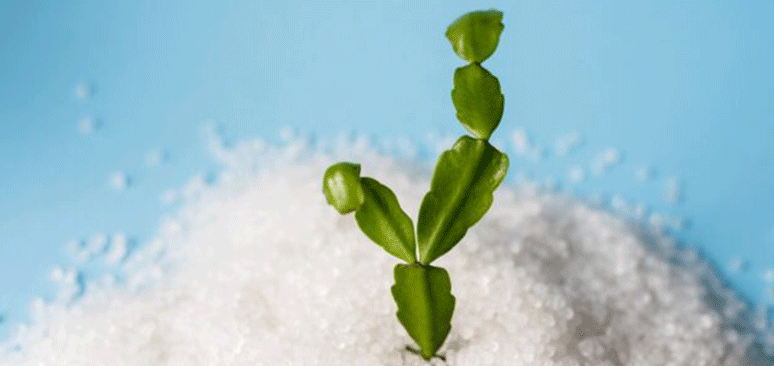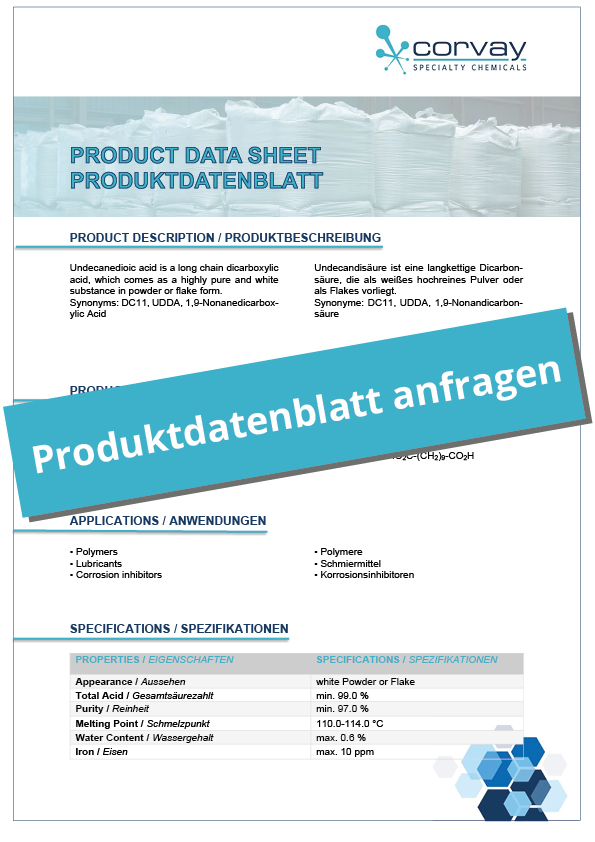
Polybutylene succinate (PBS)
PBS
Polybutylene succinate (PBS) is a biodegradable polyester polymer that belongs to the aliphatic polyester family. It is produced by the polymerization of 1,4-butanediol (BDO) and succinic acid or its derivatives. PBS has similar properties to petroleum-based plastics such as polyethylene and polypropylene, but has the additional advantage that it is biodegradable under suitable conditions and therefore environmentally friendly.
ADVANTAGES AND PROPERTIES OF PBS:
Biodegradability:
PBS can be broken down by microorganisms into carbon dioxide and water and is therefore suitable for various environmentally friendly applications.
Thermal stability:
PBS has good thermal stability, with a melting point typically between 100 and 130 degrees Celsius, depending on molecular weight and other factors.
Mechanical properties:
PBS has good mechanical properties such as tensile strength, elongation at break and impact strength, making it suitable for a wide range of applications.
Barrier properties:
PBS has good barrier properties against gases, moisture and odors and is therefore suitable for packaging applications.
Processing:
PBS can be processed using conventional plastics processing methods such as injection molding, extrusion, blow molding and thermoforming.
APPLICATIONS:
Packaging:
PBS can be used for the production of biodegradable packaging materials such as films, trays and containers for food and other consumer goods.
Textiles and nonwovens:
PBS fibers can be made from PBS, which can be used in the production of biodegradable textiles. These applications include clothing, upholstery, nonwovens and many more.
Biomedical applications:
PBS can be used in medical applications such as biodegradable sutures, drug delivery systems and tissue engineering templates.
Automobile:
PBS-based materials can be used in automotive applications such as interior components, trim parts and under-the-hood components.
Agriculture:
PBS can be used in agricultural applications such as mulch films, agricultural nets and biodegradable pots for seedlings.
Overall, polybutylene succinate (PBS) offers a promising alternative to conventional petroleum-based plastics in various applications, especially where biodegradability and environmental compatibility play an important role.
PBS GRADES:
Corvay Specialty Chemicals has PBS in various specifications for different applications in its portfolio in order to be able to offer its customers customized solutions:
CHEMICALS ORDINANCE:
PACKAGING:
STORAGE & SHELF LIFE:
DISCLAIMER
This information and all technical and other advice is based on the current knowledge and experience of Corvay Specialty Chemicals GmbH, Hannover, Germany. Corvay Specialty Chemicals GmbH assumes no liability for this information or advice, including the extent to which this information or advice may relate to intellectual property rights of third parties. Corvay Specialty Chemicals GmbH reserves the right to make changes to the information or advice at any time without prior or subsequent notice. Corvay Specialty Chemicals GmbH disclaims all representations and warranties, express or implied, and assumes no liability for the merchantability of the product or its fitness for any particular purpose, even if Corvay Specialty Chemicals GmbH is aware of such purpose or any other purpose. Corvay Specialty Chemicals GmbH shall not be liable for consequential, indirect or incidental damages, including lost profits of any kind. It is the sole responsibility of the customer to ensure that all products are inspected and tested by qualified experts.

